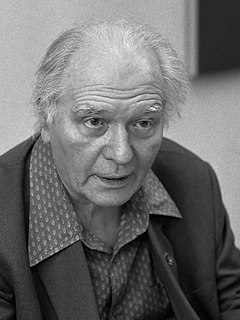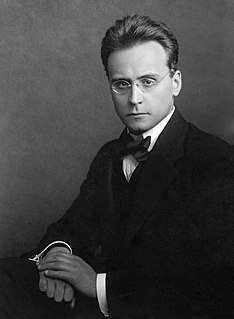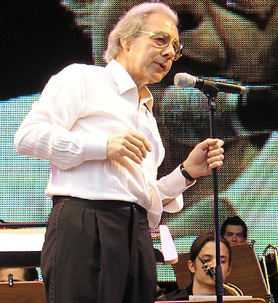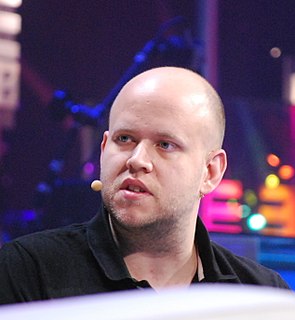A Quote by Deborah Smith
I've translated two of Bae's novels, A Greater Music and Recitation, which are coming from Open Letter and Deep Vellum in October and January respectively. A Greater Music is a semi-autobiographical book centred on a Korean writer moving to Berlin, learning to live and even write in a foreign language.
Related Quotes
A book, at the same time, also has to do with what I call a buzz in the head. It's a certain kind of music that I start hearing. It's the music of the language, but it's also the music of the story. I have to live with that music for a while before I can put any words on the page. I think that's because I have to get my body as much as my mind accustomed to the music of writing that particular book. It really is a mysterious feeling.
Alongside Han Kang, there's only one other author I've chosen to translate so far - Bae Suah. Her work is radical both stylistically and politically, influenced by her own translation practice (she's translated the likes of Kafka, Pessoa, and Sadeq Hedayat into Korean). Her language is simply extraordinary.
All mankind is one volume. When one man dies, a chapter is not torn out of the book, but translated into a better language. And every chapter must be translated. God employs several translators; some pieces are translated by age, some by sickness, some by war, some by justice. But God's hand shall bind up all our scattered leaves again for that library where every book shall live open to one another
Two opposing forces inhabit the poem: one of elevation or up-rooting, which pulls the word from the language: the other of gravity, which makes it return. The poem is an original and unique creation, but it is also reading and recitation: participation. The poet creates it; the people, by recitation, re-create it. Poet and reader are two moments of a single reality.
I studied music for my first two years in college. When I went to UC Berkeley, I failed the admission requirements to get into the music school there, so I studied communications and public policy, which actually were a greater engine for my career than a musical education would have been. If I had gotten into the music department at Berkeley, I'd probably be a timpanist in an orchestra right now.
I was very young, maybe five. The opera was very... I was attracted to opera to the point that I think it's the reason I started to write music for films. I never studied. There are film and music school that teach you how to write music. I never studied that. But the influence of opera, which is a combination of storyline, visuals, staging, plus music... that was perhaps the best school I could have had. That's what gave me the idea of coming to Hollywood to write music for films.
I've never translated more than one book by any author. But I'm fascinated by translators who have, like Richard Zenith, who's translated so much of Fernando Pessoa's work. I get restless for a new kind of influence. The books I've translated are books I want to learn from as a writer, to be intoxicated by. And translation is an act of writing in itself. It's an act of recreation - of a writer's cadence and tone and everything that distinguishes the voice in the book.
We can mention only one point (which experience confirms), namely, that next to the Word of God, music deserves the highest praise. No greater commendation than this can be found — at least not by us. After all, the gift of language combined with the gift of song was only given to man to let him know that he should praise God with both word and music, namely, by proclaiming [the Word of God] through music.


































